-


Vada in Theory and P...
Vada in Theory and Practice
Studies in Debates, Dialogues and Discussions in Indian Intellectual Discourses by: Radhavallabh Tripathi$44.00
ISBN: 9788124608562
Year Of Publication: 2016
Edition: 1st Edition
Pages : xxiv, 410
Bibliographic Details : Bibliography; Index
Language : English
Binding : Hardcover
Publisher: D.K. Printworld Pvt. Ltd.
Size: 23
Weight: 750
Vada, meaning debates, dialogues, discussions, was the quintessential of Indian spirit, enabling and promoting the growth of different philosophical and knowledge systems of India. It percolated deep into our mindset and enriched the moral, ethical, religious and sociocultural edifice of anything that was essentially Indian in nature. As continuation of Anvikshiki from the bc era, vada helped thrive Indian traditional knowledge systems. It subsists on diversity and its tradition envisages pluralism.
Most of our Sanskrit works, covering a wide gamut of knowledge systems, are structured in the techniques of debate. This reality applies not only to the philosophical writings, but to Indian medical systems (Ayurveda), Arthashastra of Kautilya and Kamasutra of Vatsyayana as well. Even great epics like Ramayana and Mahabharata are no exceptions.
Vada culture involved verbal duals, attacks and even violence of speech, and all major religious systems — old or modern — were parties to it. This book also elucidates how vata was vital and critical for the growth of our socio-political fabrics. It shows how some of the major conflicts in philosophical systems were centred around karma, jnana, choice between violence and non-violence, pravritti and nivritti. It also presents the manifestations of vada on a vast canvas during the nineteenth and twentieth centuries. Modern spiritual and religious gurus like Ramana Maharshi, J. Krishnamurti and Vinoba Bhave were men of dialogues. Our scholars have applied the varied techniques of vada against the philosophical and scientific systems of the West to prove them correct.
This collector’s issue should enthrall a wide audience of philosophers, scholars and believers in Indian knowledge systems.
Prologue
Acknowledgements
1. The Nature of Vada
Vada, SamVada and Vivada Vada, Protests and Dissents Reverting the Gaze Concept of Sabha Appreciating a Conversation Ethics of Debate Violence of Speech Sandhi: Agreement with Disagreements Language and Stylistics The Ego, Prides and Prejudices Types of Debates, Dialogues and Discussions Vada as a Digvijaya Vada Internalized Vada in Texts Texts on the Theory of Vada Manuals on Vada Documenting Vadas History of Vada Genres
2. A Brief History of Vada
I. Mantra-kala (The Age of Revelation) II. Tarka-kala (The Age of Arguments) III. Vistara-kala (The Age of Diversification)
3. Vadashastra: The Theories of Debate, Dialogues and Discussions
Theory of Vada in Mahabharata Vada and Nyayadarshana Caraka on the Theory of Vada Asanga on the Types of Vada Debate on the Debate: Buddhist Critique of Naiyayika Codes for Conducting the Debate
4. Vada in Darshana: Philosophical Debates
Tussle between Action, Knowledge and Devotion Revisionism Debates between Idealism and Materialism Critique of Carvaka Philosophies Debates on the Nature of Reality Debates on Scriptural Authority Debates on the Theory of Knowledge Debates on the Theory of Causality Debates on the Absolute and God as Creator Debates on the Concept of Moksha
5. Vada in Dharma: Socio-Political and Legal Debates
Debates on Polity and Governance Vajrasuci and the Debate on the Caste System Debates in Dharmashastras Debates on Rights of Women Openness for Debate
6. Vada in Literary Theory and Literature
Natyashastra as a Samvada Text Vada Reflected in the Conceptual Framework of NatyashastraConcepts and Categories of Vada in Literary Theory Major Debates in Literary Theory Kavyamimamsa as a Vada Text Rasa Discourse: Debates and Diversities Debates on the Theory of Alamkara Natankusha: A Vada with the Cakyars Vadas in Kavya Literature Kalidasa’s Kavyas as Debates Bhavabhuti’s Plays as Vada Texts Brihattrayi: As a Vada Discourse Dhuttakkhana (Dhurtakhyana): Debates by RoguesAgamadambaraprahasana of Jayanta Bhatta Vada in Kavya and Kavya in Vada
7. Vada in Modern Age
Debates on India’s Identity: Relocating Her Global Image The Role of the Pandit: Vada Reformulated The Shift in the Debates Orientalism Romantic Shifts in the Debate Theological and Religious Debates The Debates by Roy The Vilification and Its Aftermath Debates on Social Issues Debates of Arya Samaj Satyarthaprakasha: A Text on Debate Refutations of Satyarthaprakasha and Rejoinders Dayananda’s Debates on Public Platforms Ramabai The Shastrartha Continues Paramarthadarshanam Creating Hermeneutics The Dialogue Renewed
Epilogue
Appendex : Selected List of Vadas Referred in This Work
Bibliography
Index

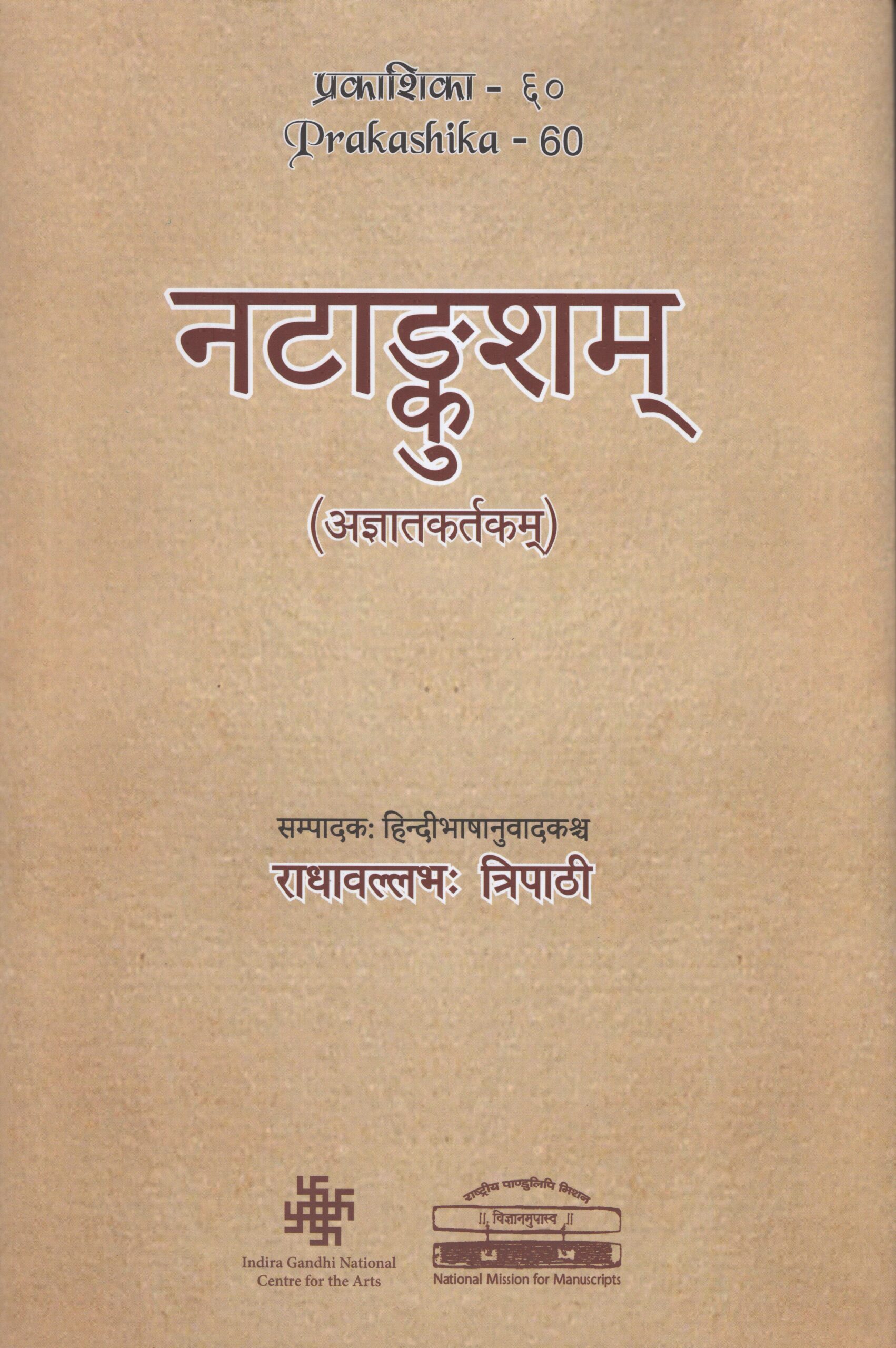

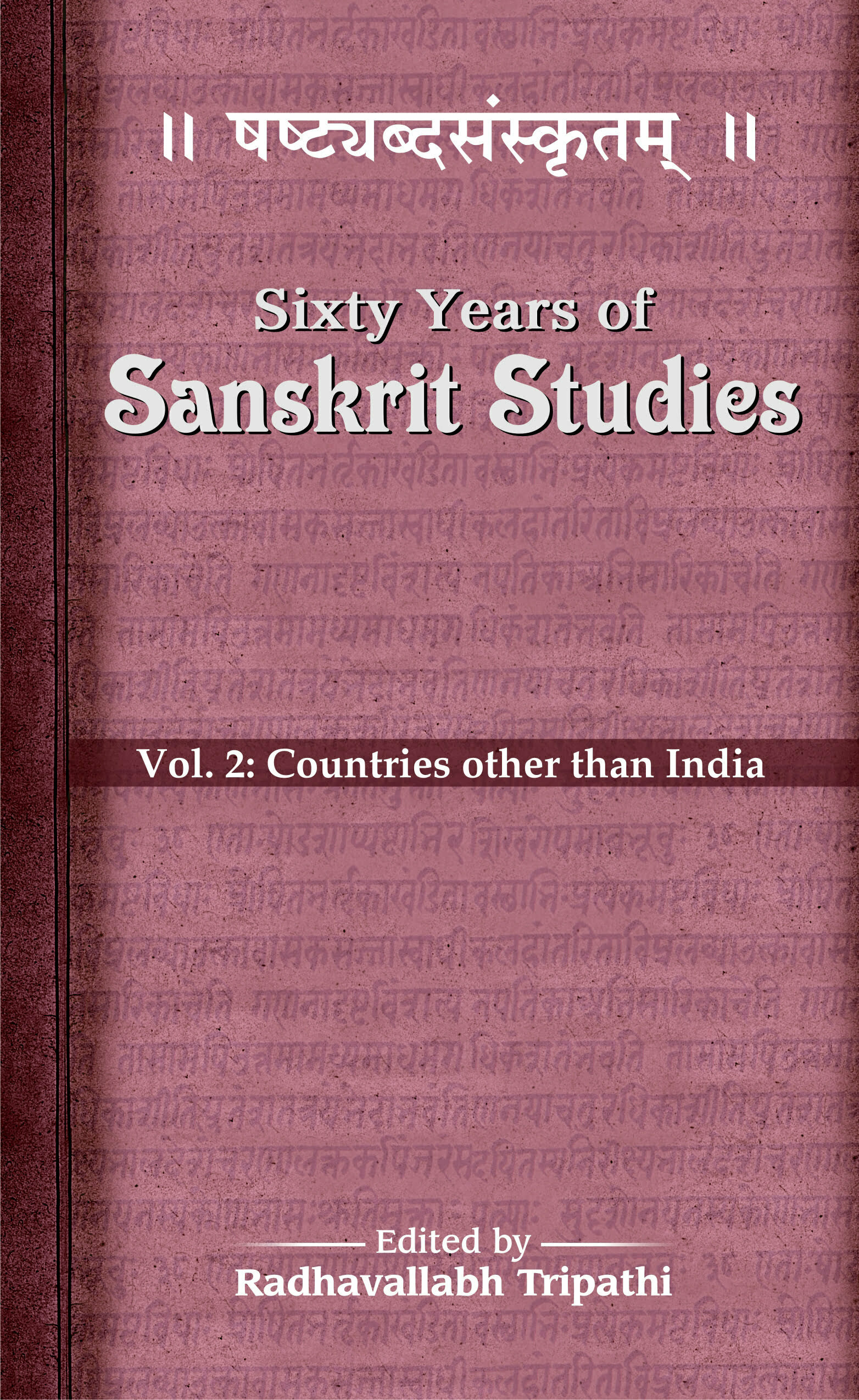
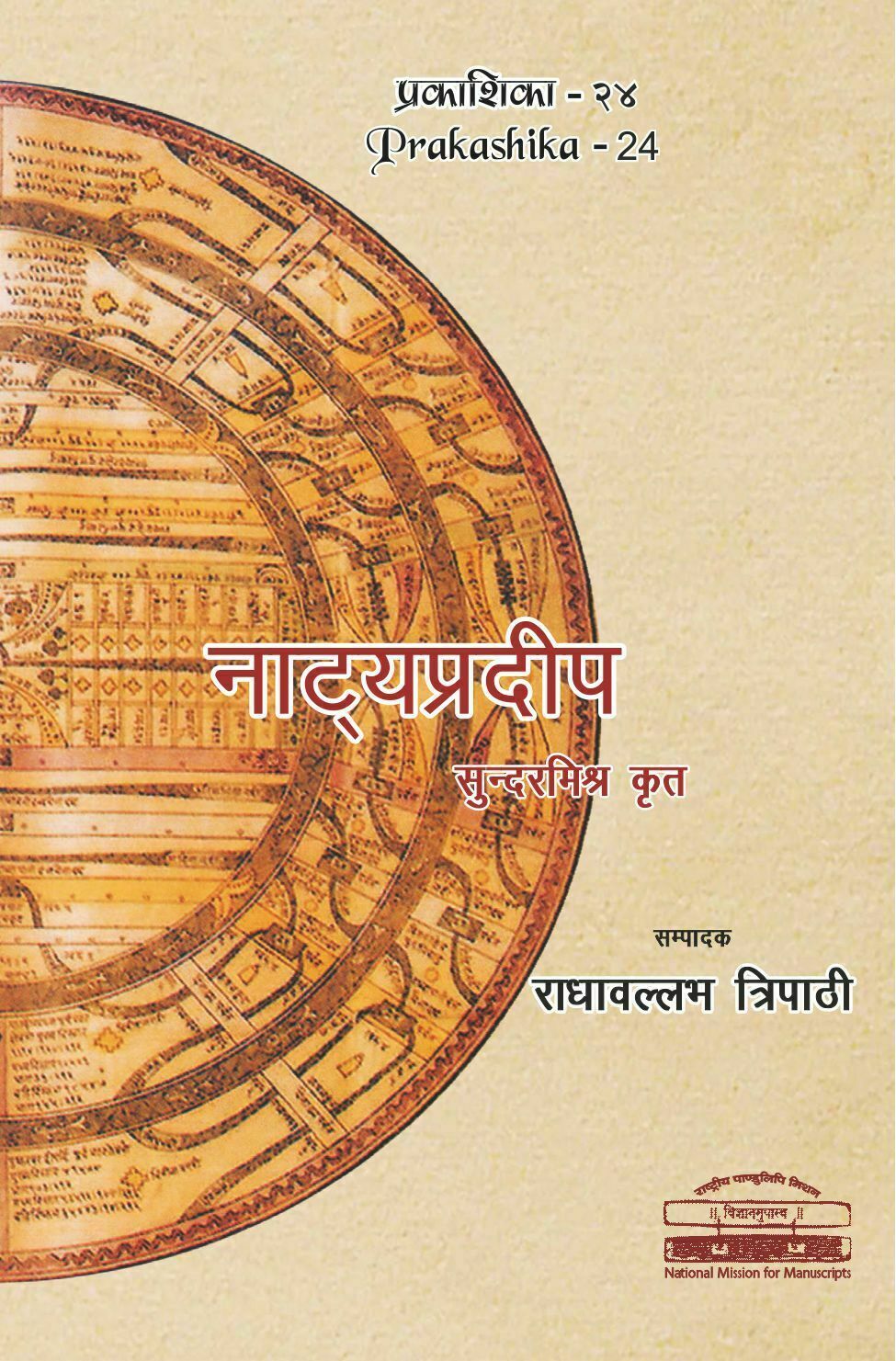

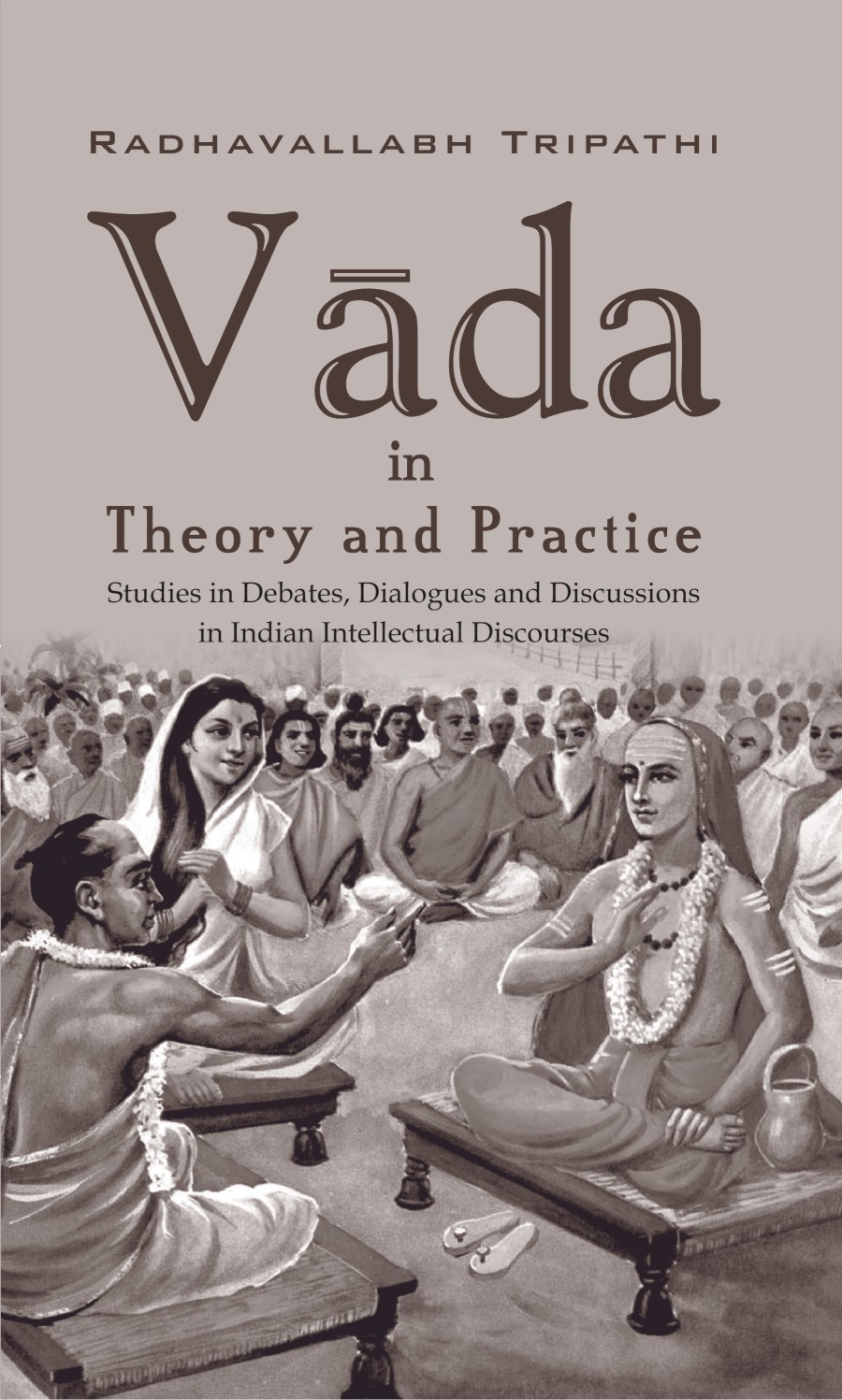
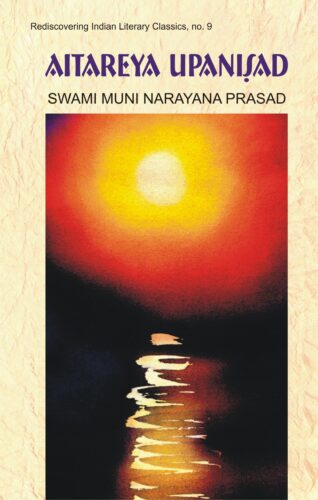

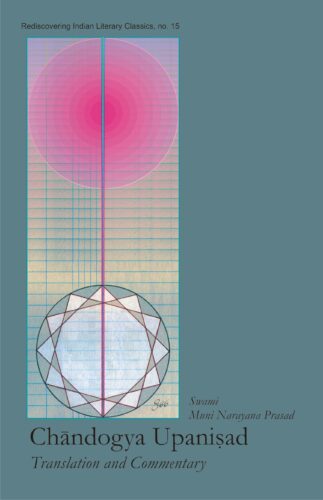
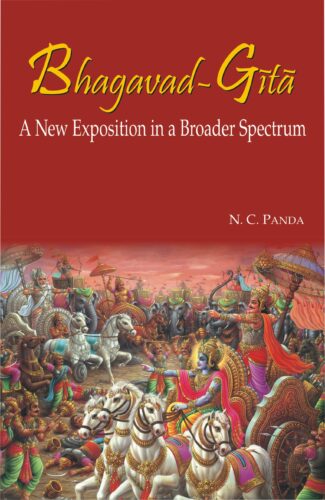
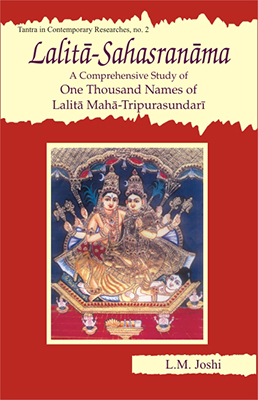
There are no reviews yet.